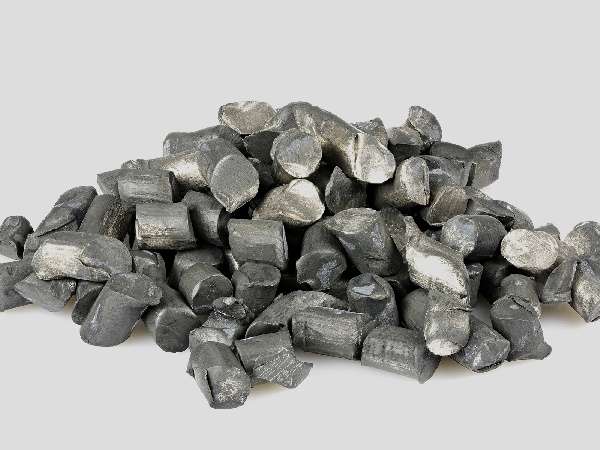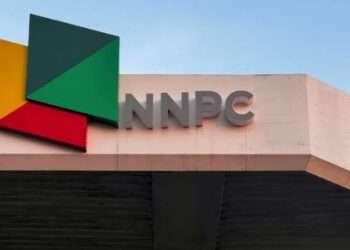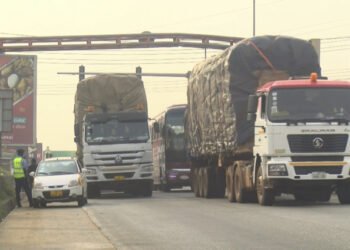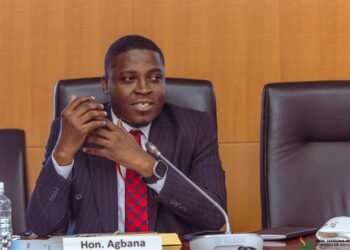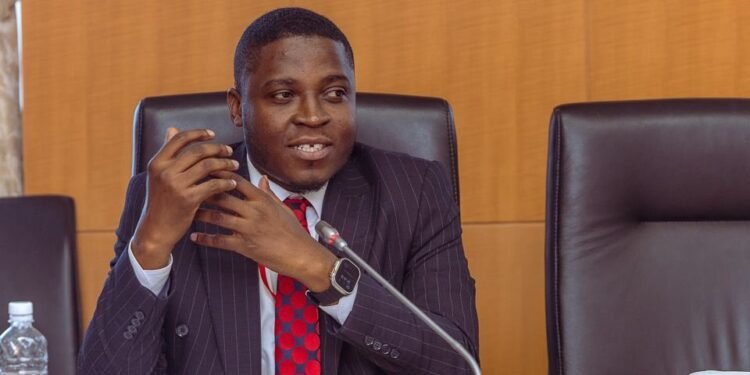The recent lithium mining agreement signed between the Government of the Republic of Ghana and Barari DV Ghana Limited has come under scrutiny from the Institute of Economic Affairs (IEA).
The deal, inked on October 20, 2023, granted Barari DV Ghana Limited rights to mine lithium and ‘other associated minerals’ on a leased piece of land in Ewoyaa, Mfantsiman Municipality, Central region. The agreement, spanning 15 years, has raised concerns from the IEA, emphasizing the need for parliamentary ratification as stipulated in Article 268 of the 1992 Constitution.
In a statement, the IEA expressed its belief that, being a contract to exploit Ghana’s natural resources, the agreement requires the legal efficacy that only parliamentary ratification can provide. The Institute, meanwhile, welcomed the Minority in Parliament’s acknowledgment that the agreement necessitates prior approval from the legislative body.
Furthermore, the IEA challenged the assertion by the Minister of Lands and Natural Resources and the CEO of the Minerals Commission that the terms of the agreement are favorable to Ghana, arguing that they resemble colonial-era agreements that have historically benefited foreign companies more than the average Ghanaian.
The IEA underscored modern best practices in mineral resource exploitation, advocating for either joint-venture agreements or service contracts. In the former, the host country assumes an agreed ownership stake in the mining company, while the latter involves contracting a mining company, selected through a transparent and competitive bidding process, to mine the mineral with reimbursement for production costs and a profit margin.
The IEA urged parliament to exercise caution and patience, emphasizing the importance of securing a modern, best-practice-based arrangement that ensures maximum benefit for the people of Ghana.
Ghana’s natural resources are seen by the IEA as crucial leverage points for accelerating national development and eradicating poverty within a generation. The Institute criticized the continued reliance on colonial-type leases that seemingly benefit foreign companies posing as investors and their local partners.
President Paul Kagame’s Poignant Observation
President Paul Kagame’s poignant observation that if the owners of natural resources go around begging, there’s something wrong with their minds resonates with the IEA’s stance. The Institute stressed the need for Ghana to take full and meaningful control of its wealth, challenging the nation to move beyond selling it cheaply and instead assert itself on the global stage.
Besides, the IEA’s scrutiny of the lithium mining agreement reflects a broader awareness of the global shift towards responsible and sustainable resource management. As nations worldwide grapple with the environmental and ethical implications of resource extraction, the IEA’s call for modern best practices aligns with an international consensus on fostering equitable partnerships between governments and mining entities.
The emphasis on transparent and competitive bidding processes, coupled with the assertion of parliamentary oversight, underscores the need for Ghana to position itself as a responsible steward of its natural wealth. In an era where environmental sustainability and ethical resource extraction are at the forefront of global conversations, the IEA’s advocacy for a forward-thinking approach resonates not only within the national context but also in the broader international discourse on responsible resource utilization. It highlights the importance of aligning economic development with environmental consciousness to ensure a sustainable and prosperous future for the nation.
In conclusion, the IEA’s warning underscored a broader call for transparency, parliamentary oversight, and adherence to modern best practices in the exploitation of natural resources. As Ghana navigates the complexities of resource management, the IEA serves as a critical voice urging the government to prioritize the long-term benefit of its citizens over short-term gains.
The call for a shift from colonial-era agreements to contemporary, equitable arrangements aligns with the global movement toward responsible resource management and sustainable development. It remains to be seen how the government responds to these concerns and whether it will recalibrate the terms of the lithium mining agreement in line with the IEA’s recommendations.
READ ALSO: UN Security Council To Vote On Resolution Concerning Israel-Hamas War

